Sun Poisoning: Symptoms, Causes, And Treatment
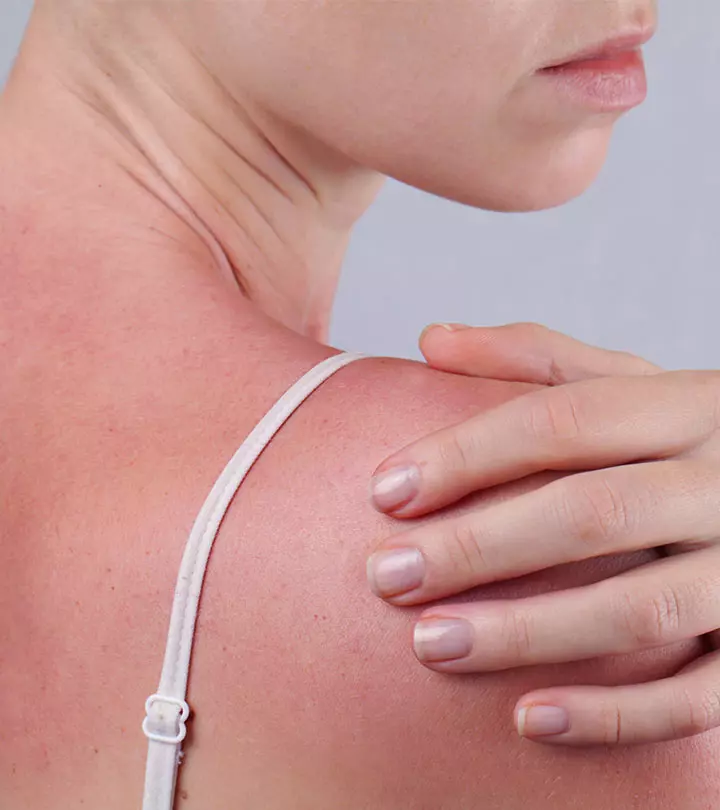
Image: Shutterstock
If you dread sunburns, wait till you hear about sun poisoning! Unlike its name suggests, no, you are not poisoned by the sun. Sun poisoning results in hive-like blisters and peeling skin. As if these weren’t already enough, you are also at a higher risk of scarring with all the itching and scratching that goes around. If you have been a victim of severe sun poisoning lately, you can prevent further damage to your skin by giving the home remedies listed in this article a try. Remember – the sooner, the better. Let’s begin.
In This Article
- What Is Sun Poisoning?
- Causes And Risk Factors For Sun Poisoning
- Signs And Symptoms Of Sun Poisoning
- How To Treat Sun Poisoning Naturally
- Prevention Tips
- Side Effects Of Sun Poisoning
What Is Sun Poisoning?
A severe sunburn is often referred to as sun poisoning. It is medically termed as polymorphic light eruption. When you are exposed to the sun for a long time, it can result in a sunburn. Based on your sensitivity to the sun, sun poisoning can occur in different forms.
Let us look at the possible causes and risk factors associated with the condition.
Causes And Risk Factors For Sun Poisoning
You will be at an increased risk of sun poisoning if you:
- have a light complexion (the lower the melanin, the higher the risk)
- have a family history of skin cancer
- are on antibiotics
- are on contraceptives
- have applied citrus oils before going out into the sun
- live in an extremely hot region
- live in high altitudes
- go to the beach frequently
- are using chemical peels
The symptoms of sun poisoning may initially be similar to those of a mild sunburn, only to become worse with time. Some common signs of sun poisoning are discussed below.
Signs And Symptoms Of Sun Poisoning
Sun poisoning may result in the following signs and symptoms:
- A widespread red rash
- Itchiness
- Blistering skin
- Severe redness and pain
- Dehydration
- Headache
- Nausea
- Fatigue
- Dizziness
- Vomiting
These symptoms are usually moderate to severe and should be treated immediately. To decrease the severity of sun poisoning, there are a few natural remedies that you can try immediately after developing a severe sunburn. Some of the best remedies that can help with sun poisoning are discussed below.
How To Treat Sun Poisoning Naturally
- Essential Oils
- Vitamins
- Apple Cider Vinegar
- Coconut Oil
- Baking Soda
- Epsom Salt Bath
- Aloe Vera
- Oatmeal Bath
- Tea Bags
- Honey
Home Remedies To Treat Sun Poisoning
1. Essential Oils
a. Tea Tree Oil
You Will Need
- 10 drops of tea tree oil
- 30 mL of coconut or olive oil
What You Have To Do
- Add 10 drops of tea tree oil to 30 mL of coconut oil and mix well.
- Apply the mixture to the affected area and allow it to dry.
How Often You Should Do This
You must do this once daily.
Why This Works
The anti-inflammatory properties of tea tree oil are soothing and provide instant relief from the pain and itchiness associated with sun poisoning. The antimicrobial properties of tea tree oil help prevent further infection in the affected area (1).
2. Vitamins
Vitamins C, D, and E are a few vitamins that can help in treating sun poisoning. Vitamin C has strong antioxidant properties that can protect your skin from the harmful sun rays, both internally and externally (2).
Vitamin E works well in combination with vitamin C and offers quick relief from sunburns as well (3). However, do not use it as a sunscreen because it tends to absorb the sun rays.
Vitamin D is also a great option for lessening the risks of a sunburn (4).
You can consume more of citrus fruits, leafy vegetables, meat, seafood, whole grains, soy products, cheese, and eggs to get enough of the above vitamins.
3. Apple Cider Vinegar
You Will Need
- 1 tablespoon of apple cider vinegar
- 1 cup of water
- Cotton pads
What You Have To Do
- Add a tablespoon of apple cider vinegar to a glass of water and mix well.
- Soak a cotton pad in this mixture and apply it directly to the sunburns.
- Leave it on for 15 to 20 minutes before washing it off with plain water.
How Often You Should Do This
Do this 1 to 2 times daily.
Why This Works
Apple cider vinegar has powerful anti-inflammatory properties that can help in soothing and cooling your inflamed and itchy skin, thus speeding your recovery from sun poisoning (5).
4. Coconut Oil
You Will Need
Coconut oil (as required)
What You Have To Do
- Take some coconut oil and apply it directly to the sunburned area.
- Leave it on for 30 to 60 minutes before washing off.
How Often You Should Do This
You must do this 1 to 2 times daily.
Why This Works
Coconut oil is a multipurpose oil that exhibits impressive anti-inflammatory and analgesic properties (6). These properties help relieve the pain and blistering that occur due to sun poisoning.
5. Baking Soda
You Will Need
- 1 tablespoon of water
- Water (as required)
What You Have To Do
- Take a tablespoon of baking soda and add a little water to it to form a paste.
- Apply the mixture to the affected areas.
- Once the paste dries, wash it off with lukewarm water.
How Often You Should Do This
You must do this multiple times on a daily basis until you see an improvement in your condition.
Why This Works
Sun poisoning disturbs the pH of your skin. The alkaline nature of baking soda can help restore the pH of your sunburned skin, thus speeding its recovery (7).
6. Epsom Salt Bath
You Will Need
- 1 cup of Epsom salt
- Water
What You Have To Do
- Add a cup of Epsom salt to a tub of water.
- Once the salt dissolves, soak in the water for 25 to 30 minutes.
How Often You Should Do This
Do this once daily until you recover completely.
Why This Works
The presence of magnesium makes Epsom salt a powerful anti-inflammatory agent that helps you recover faster from sun poisoning by treating its symptoms (8).
7. Aloe Vera
You Will Need
Aloe gel (as required)
What You Have To Do
- Scrape out some aloe gel from the aloe leaf.
- Apply the gel evenly to the affected area.
- Leave it on for 20 to 30 minutes before washing it off with water.
How Often You Should Do This
You must do this 3 to 4 times daily.
Why This Works
Aloe vera possesses powerful anti-inflammatory properties that soothe your skin and help it heal faster (9). The wound-healing activities of aloe vera are beneficial in healing the blisters and burns associated with sun poisoning (10).
8. Oatmeal Bath
You Will Need
- 1-2 cups of oatmeal
- Water
What You Have To Do
- Add a cup or two of oatmeal to a tub of water.
- Soak in the water and gently place some oatmeal on the affected area.
- Relax in the water for 20 to 30 minutes.
How Often You Should Do This
You must do this once daily until your condition improves.
Why This Works
Oatmeal is another great remedy for treating sun poisoning. It has anti-inflammatory properties that work wonders in relieving inflamed, itchy, and peeling skin (11).
9. Green Tea Bags
You Will Need
Used green tea bags
What You Have To Do
- Refrigerate the used green tea bags for an hour.
- Apply a cold tea bag to the affected area and leave it on for 30 minutes or so.
How Often You Should Do This
Do this multiple times daily for optimum benefits.
Why This Works
Green tea is rich in antioxidants due to the presence of polyphenols in it. The anti-inflammatory properties of green tea help revive damaged skin and treat blisters and peeling skin (12).
10. Honey
You Will Need
Honey (as required)
What You Have To Do
- Take some honey and apply it evenly to the affected areas.
- Leave it on for 20 to 30 minutes before washing off with cold water.
How Often You Should Do This
Do this at least thrice daily.
Why This Works
Honey is one of the best and safest alternatives for treating sun poisoning. Given its anti-inflammatory and analgesic properties, honey can soothe irritated and itchy skin (13). The wound healing potential of honey is a bonus for treating the blisters that surface with sun poisoning and sickness (14).
To help the above remedies work better, here are some basic prevention tips that will not only speed up the healing of your sunburn but also protect your skin.
Prevention Tips
- Minimize your exposure to the sun.
- Wear protective clothing and carry accessories like hats and umbrellas while going out in the sun.
- Never forget to apply a sunscreen with a minimum SPF of 40.
- Reapply the sunscreen if you sweat a lot or after a swimming session.
Long-term exposure to the sun can cause long-lasting effects. Some of the dangerous effects of leaving sun poisoning unattended are described below.
Side Effects Of Sun Poisoning
The visible signs and symptoms of sun poisoning may begin fading in a few weeks. But if you continue exposing yourself to the sun without taking any precautions, you might experience consequences like:
- Skin cancer
- Skin lesions or growths that may later develop into cancer
- Premature aging
- Damaged eyes
For quick relief and to prevent the sunburn from turning worse, you can give the above remedies a try. However, you must visit your doctor for a follow-up to heal completely.
Hope we were successful in addressing your issues related to sun poisoning. To get in touch with us, kindly use the comment box below.
Frequently Asked Questions
How long does sun poisoning last?
The earlier you avail treatment, the faster you will heal from sun poisoning. By taking proper care and following the remedies listed above, you can heal from sun poisoning in 2 to 3 days.
What to do about sun poisoning on the lips?
If you have had sun poisoning on your lips, the best way to get immediate relief is to apply a cold compress to your lips.
What is the difference between sun poisoning and sunburn?
A sunburn usually results in red and inflamed skin that heals on its own. Sun poisoning is a result of a severe sunburn that causes hive-like itchy blisters to appear all over your body.
Read full bio of Shaheen Naser



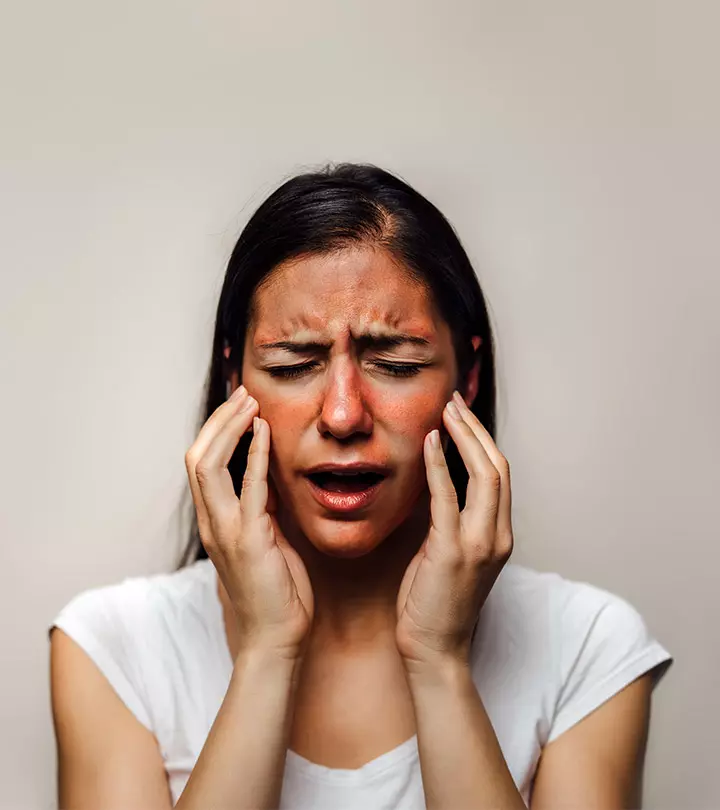



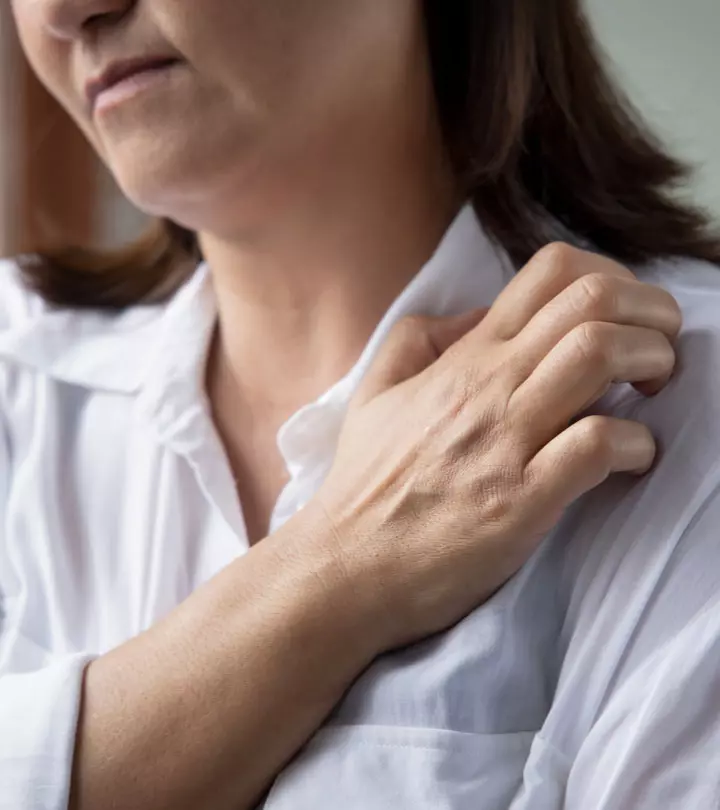

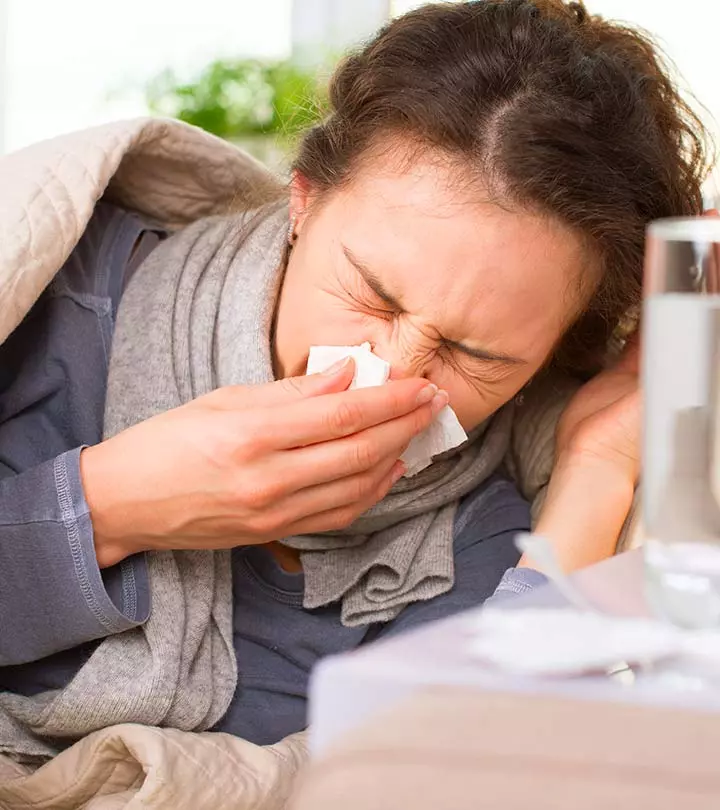
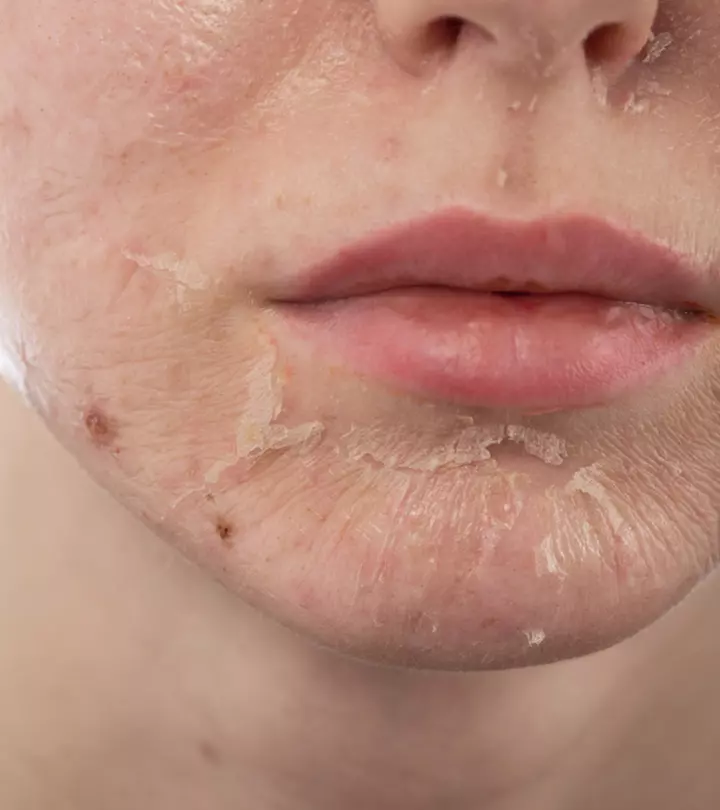
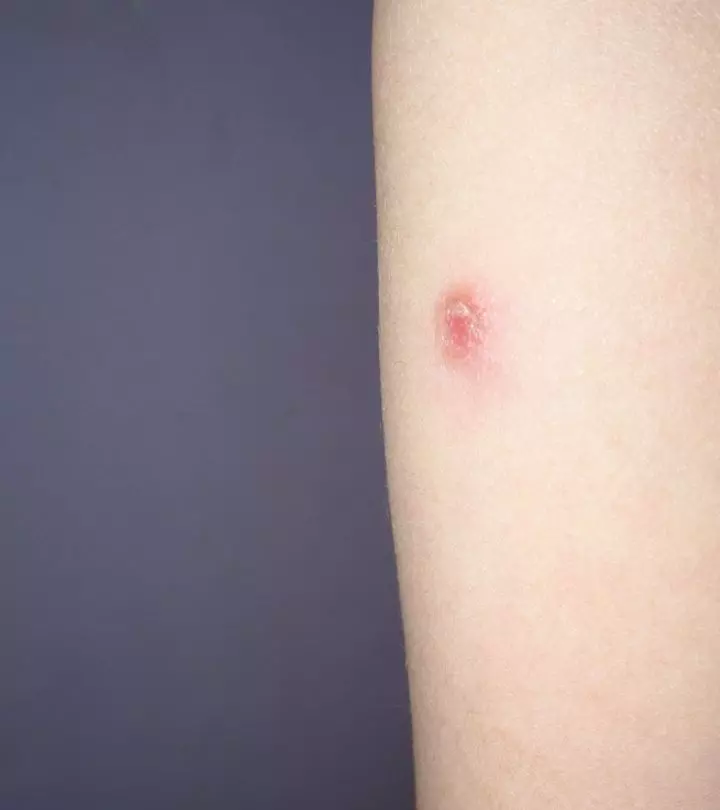
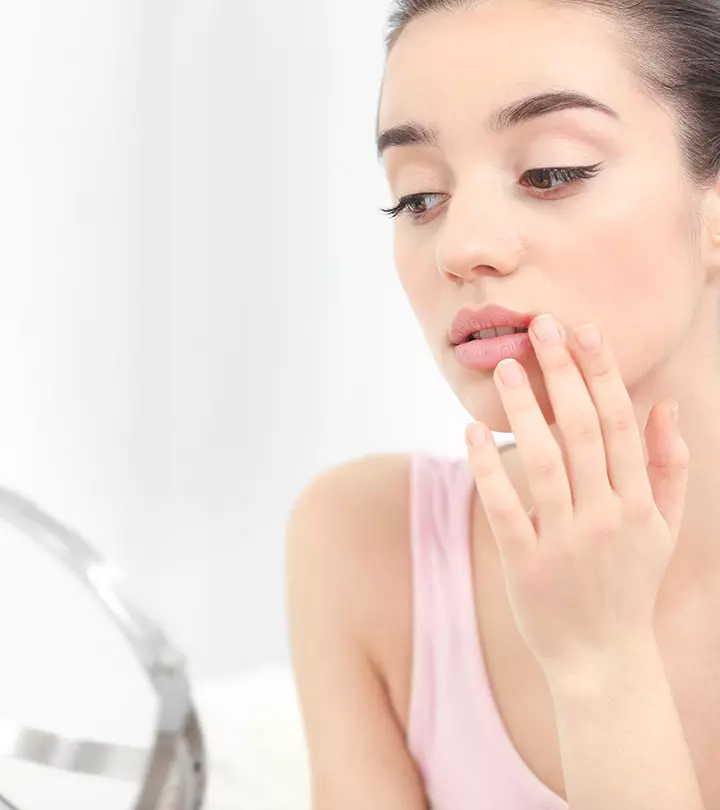
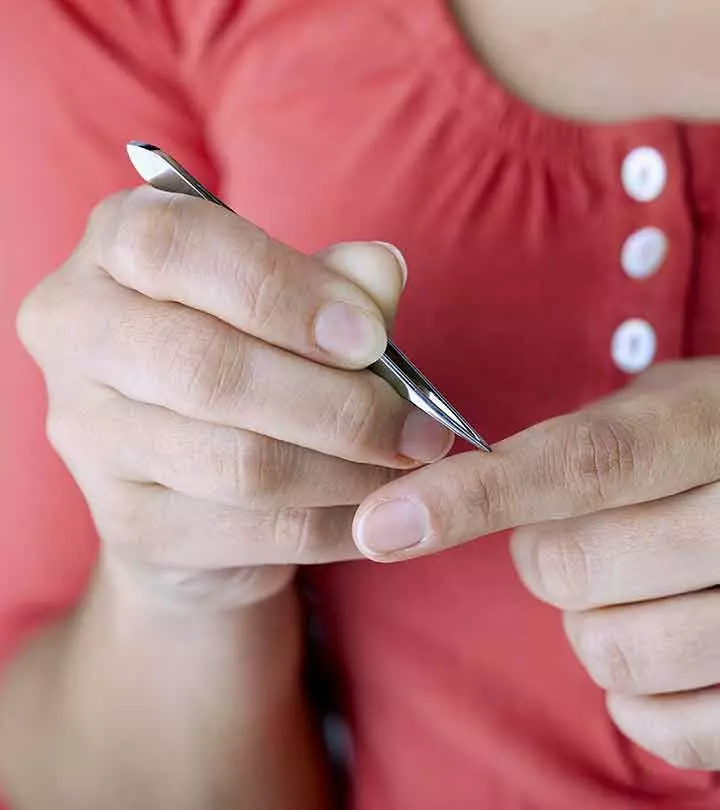


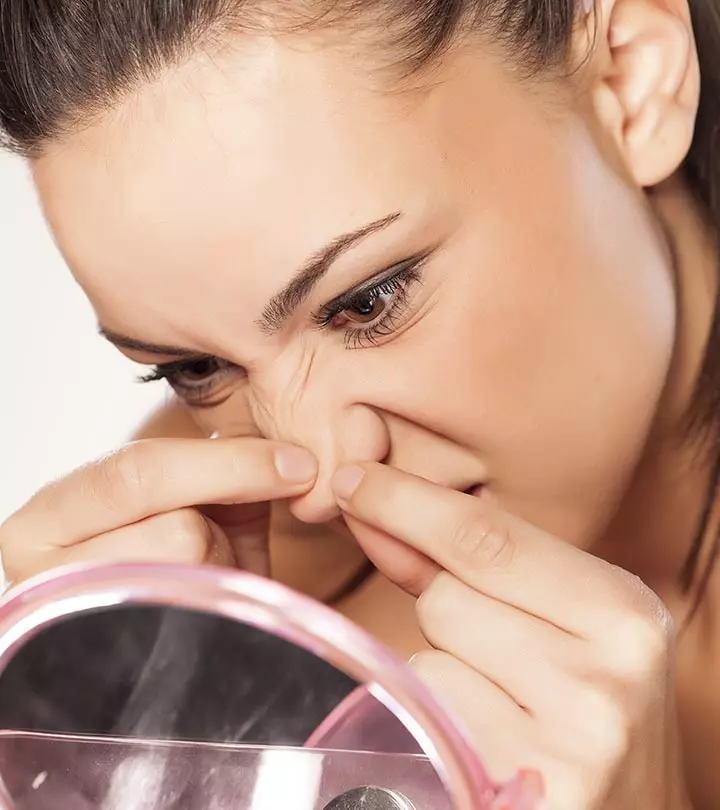




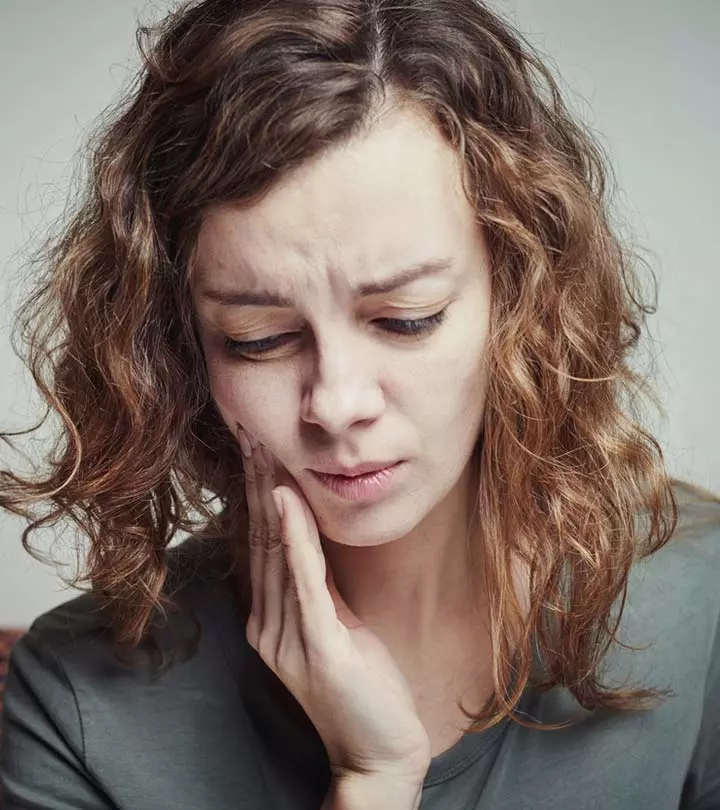


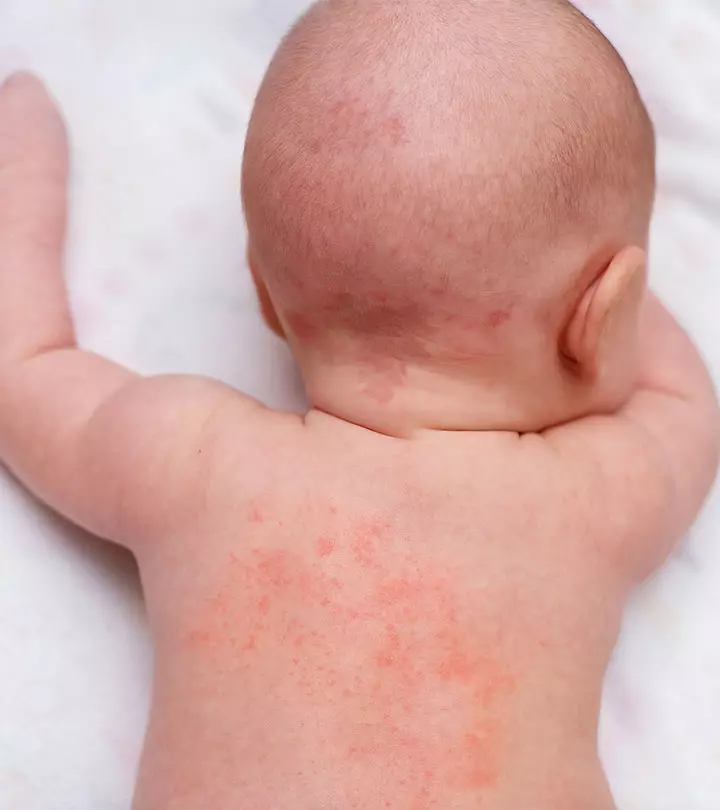
Community Experiences
Join the conversation and become a part of our empowering community! Share your stories, experiences, and insights to connect with other beauty, lifestyle, and health enthusiasts.